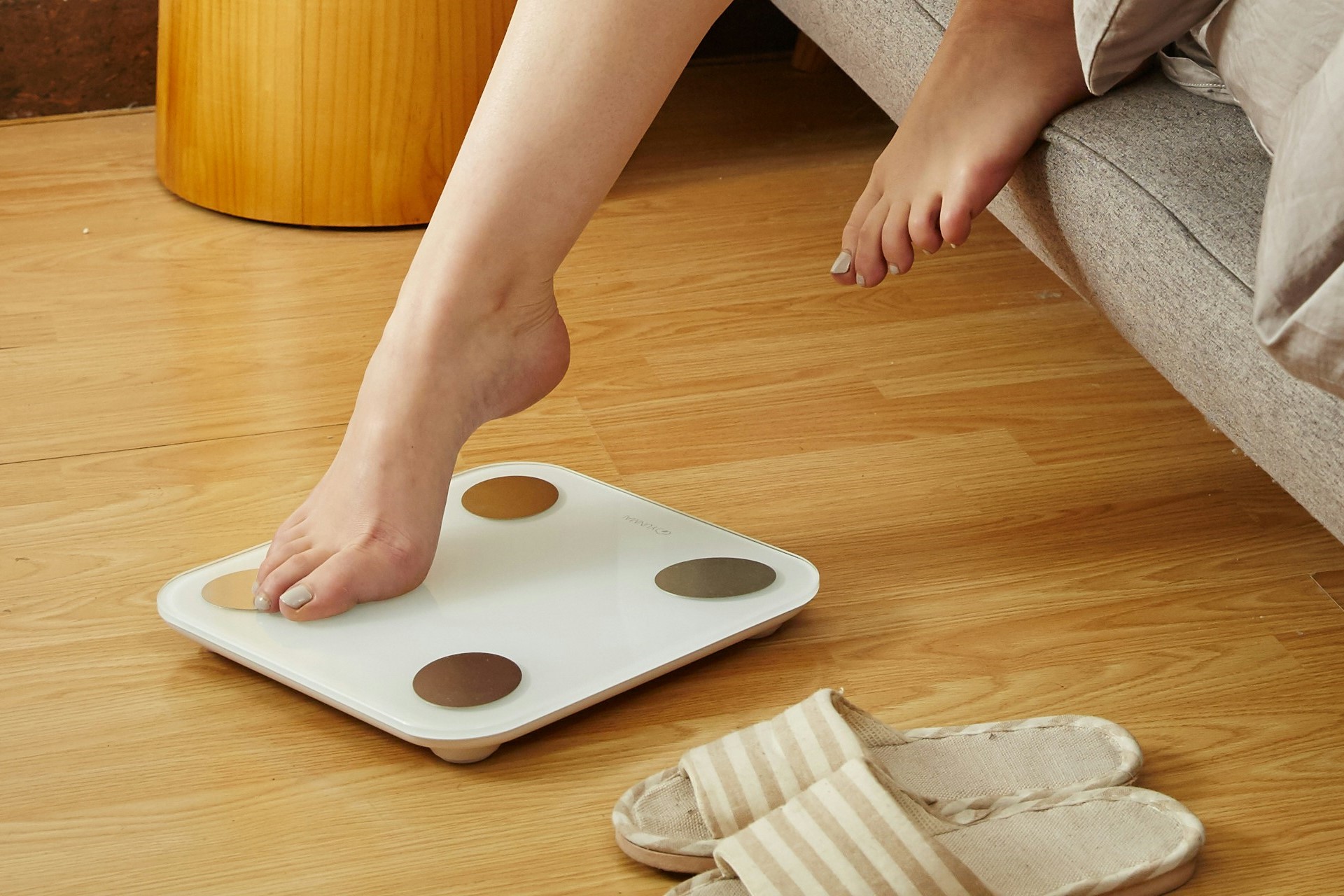Dance workouts are all the rage, with classes available in various techniques for a wide range of ages and experience levels. A fun dance class could be the ticket for taking your cardio activity to the next level.
Here is why you should consider taking up dance and 10 styles to get yourself moving and shaking toward better health.
Why Should You Dance?
According to the National Institute of Diabetes and Digestive and Kidney Diseases, 30.7% of American adults are overweight, while 42.2% have obesity — nearly 10% are considered severely obese. Unfortunately, 1 in 5 children 2-19 years of age are also obese.
Although genetics play a role in excess weight, sedentary lifestyles — work culture, watching TV, phone usage and video games — and poor diet are the main contributors. With numerous studies indicating the adverse health effects of weight gain, many medical experts would agree any movement is better for you than none.
Dance workouts come with obvious health benefits, including the following:
Increased heart rate and circulation, helping prevent serious cardiovascular conditions
Improved flexibility and muscle strength
Weight management through calories burned
Better mental health outcomes, including less stress
Improved balance and coordination to decrease our risk of falls and injuries
Enhanced cognition and processing by memorizing dance moves
Social well-being and improved confidence
Adult women, especially, reap the rewards of dancing. Women should aim for 150 minutes of moderate aerobic activity each week as they age. This helps them build up strength to prevent the onset of osteoporosis.
10 Dance Workouts for Better Health
Skip the treadmill — dancing delivers a fun twist on traditional cardio fitness. Regardless of your age or experience, there's a dance style right for you. Here are 10 dance workouts to consider trying as part of your exercise routine.
1. Zumba
Combining hip-hop and popular Latin dances, Zumba is the perfect dance class for beginners. You'll burn calories and speed up your heart while applying whole-body movements to upbeat music.
In a recent study, researchers discovered three hour-long Zumba classes weekly — for a total of 24 sessions — had significant respiratory effects on inactive women, increasing their lung capacity by 3.5 percent.
2. Hip-Hop
Hip-hop dance workouts are as effective as Zumba for building stamina and promoting cardiovascular well-being. These classes tend to be high-intensity and help you build up muscle strength.
Do you want to learn Taylor Swift's tour moves or Janet Jackson's infamous military-style step routine for her song, "Rhythm Nation?" Some hip-hop classes teach you the dance combinations from your favorite artist's music videos and performance choreography.
3. Ballroom
Ballroom dancing is best for those interested in switching up their date night activities or looking for moderate cardio fitness. You'll gain all the benefits of other dance workouts — improved strength and flexibility, lower blood pressure, increased heart rate and greater lung function — at a more leisurely pace than high-intensity dancing.
It's also the perfect dance workout to do with a trusted partner, friend or family member, or for getting to know new people.
4. Ballet
More older adults have taken an interest in ballet classes for their many health benefits on aging bodies. Strength, flexibility, balance, coordination and posture are just a few physical improvements you'll notice while participating.
If ballet is difficult for you initially, your instructor can modify moves to ensure you can continue dancing at your level without discomfort. Be patient — you must build up your abilities over time.
5. Salsa
Salsa dancing is another fast-paced dance class with superior physical and mental health benefits. Boost your heart rate and tone your muscles by working the abdomen, glutes, back and arms.
Practicing salsa twice weekly can lead to a 30%-50% lower risk of heart attack mortality while also reducing symptoms of anxiety and depression, especially in women. Latin dances also improve memory, concentration and cognition in older adults.
6. Belly Dancing
Belly dancing forces you to use every muscle and limb in your body. It's one of the more graceful dance workouts for boosting coordination, posture and stamina. The unique dance moves also promote weight loss and improved digestion.
Using a full but gentle range of motion, you can expect a series of hip drops and movements, including figure eights, shimmies and circles. These moves enhance joint functions and strengthen various areas of your body, including the pelvis and spine.
7. Tap
Tap dancing significantly improves cardiovascular function, ranging from moderate aerobics to high-intensity cardio workouts. This style emphasizes foot and leg movements, primarily benefiting your lower extremities.
It's an age-inclusive workout for boosting flexibility and balance, resulting in a strengthened core, less back pain and a lower risk of falling as you age.
8. Bollywood
Like hip-hop and Zumba, Bollywood dance is a high-intensity workout to help you drop the pounds and maintain weight loss. In one study, 77% of female participants reported greater strength, stamina and improved sleep.
The study also highlighted using Bollywood dance workouts as a preventative measure against type 2 diabetes. Nearly 11.6% of the U.S. population has diabetes, while 97.6 million people 18 and older have prediabetes.
9. Line Dancing
Line dancing is a great way to get a moderate workout and meet new people. It's also for everyone — if you can walk, you can line dance.
This dance workout is excellent for memory, mind-body coordination, balance and respiration. You'll also always have people to do it with and share a few laughs along the way as you get the choreography down.
10. Flamenco
Like all Latin dances, flamenco will have you twisting and turning in all directions, helping you shake the pounds right off. The constant turning also allows you to gain better bodily control and balance.
It is one of the best dance workouts for improving lung function and lowering your risk of cardiovascular disease. Flamenco will challenge you, allow you to explore a different culture and encourage you to connect with your body in new ways.
Dance Your Way to Better Health
Dance workouts are a fun alternative to traditional exercise regimens. If you want to achieve better health and strengthen your body, consider enrolling in a dance class. You'll gain far more benefits than simply weight loss.



